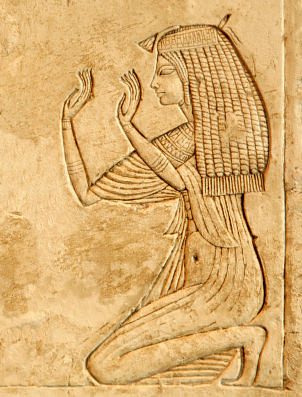The Origins of King Arthur
King Arthur, a figure shrouded in myth and legend, stands as one of the most compelling characters in British folklore. His story, intertwined with the tales of the Knights of the Round Table, continues to captivate imaginations around the world. This article delves into the origins, legends, and historical speculations surrounding King Arthur and his renowned knights.
The Origins of King Arthur
The legend of King Arthur is believed to have originated in the early medieval period, with the earliest references appearing in Welsh poetry and texts. The figure of Arthur is often depicted as a heroic king who led Britain against invaders and internal threats. However, the historical accuracy of Arthur remains a subject of debate among scholars.
The Round Table: Symbolism and Significance
The Round Table, a central element in the Arthurian legends, symbolizes equality and unity among the knights. According to the stories, the table was round to ensure that no knight would be considered superior to the others. This concept of equality and brotherhood is a key theme in the Arthurian tales and reflects the ideals of chivalry and honor.
The Knights of the Round Table: Notable Figures
Sir Lancelot: Perhaps the most famous of Arthur's knights, Sir Lancelot is known for his exceptional skills in battle and his tragic love affair with Queen Guinevere. His story is one of romance, betrayal, and redemption.
Sir Gawain: Known for his unwavering loyalty and courage, Sir Gawain is a central figure in the Arthurian legends. His tale, particularly the story of "Sir Gawain and the Green Knight," explores themes of honor, bravery, and moral integrity.
Sir Percival: Often portrayed as the purest of Arthur's knights, Sir Percival's quest for the Holy Grail is a significant part of the Arthurian legend. His story represents the pursuit of spiritual enlightenment and the quest for divine truth.
The Historical Basis of the Arthurian Legends
While the Arthurian legends are rooted in myth, some historians believe that there may be a historical basis for the figure of King Arthur. Various theories suggest that Arthur could have been a real historical figure, possibly a leader or warrior from the early medieval period. However, concrete evidence is lacking, and much of what is known about Arthur comes from literary sources rather than historical records.
Legacy and Influence
The legend of King Arthur has had a profound influence on literature, art, and culture. From Geoffrey of Monmouth's "History of the Kings of Britain" to Sir Thomas Malory's "Le Morte d'Arthur," the stories of King Arthur and his knights have inspired countless adaptations and retellings. The themes of chivalry, honor, and the quest for justice continue to resonate in modern storytelling.
Conclusion: The Enduring Appeal of King Arthur
The legend of King Arthur and the Knights of the Round Table endures as a powerful symbol of bravery, honor, and unity. While the historical reality of Arthur remains elusive, the myths and stories surrounding him continue to captivate audiences and inspire new generations. The tales of King Arthur remind us of the timeless values of heroism and the quest for a just and noble cause.




Hiç yorum yok:
Yorum Gönder